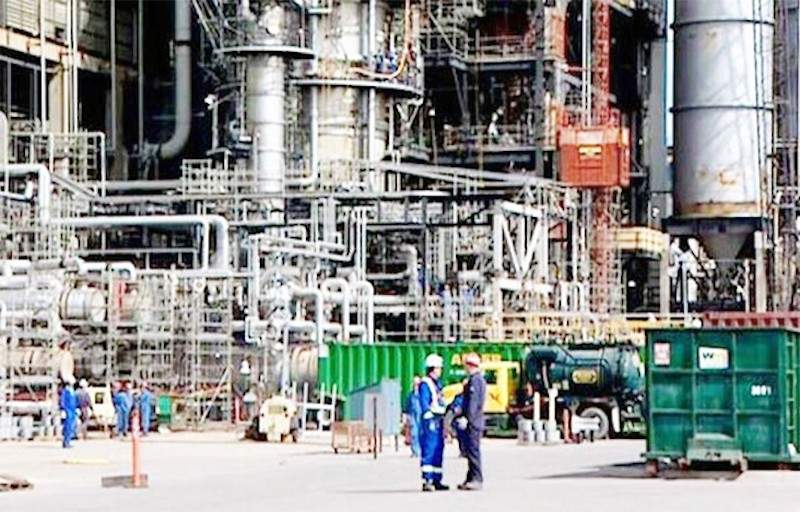Nigerian Refinery Quality a Concern: Regulator Rejects Dependence on Dangote
In a recent interview with journalists, Farouk Ahmed, Chief Executive Officer of the Nigerian Midstream and Downstream Petroleum Regulatory Authority (NMDPRA), revealed that the quality of petroleum products from the Dangote refinery and several modular refineries in the country is inferior to imported ones. The regulator has also raised concerns about the premature reliance on a single refinery to meet Nigeria’s energy demands.
According to Ahmed, the 650,000 barrel-per-day Dangote refinery, currently in its pre-commissioning stage and about 45% completed, has not been issued an operational license by NMDPRA. He emphasized that suspending petroleum products, especially Automotive Gas Oil and Dual Purpose Kerosene, DPK, and relying solely on the Dangote refinery, would not be in the country’s best interest in terms of energy security.
Moreover, Ahmed highlighted that Dangote’s current AGO (diesel) meets the lowest quality standards in terms of sulphur content, falling short of West Africa’s requirement of 50 parts per million (PPM). “Dangote Refinery, as well as some modular refineries like Watersmith Refinery and Aradel Refinery, are producing between 650 and 1,200 PPM,” he stated. “Therefore, in terms of quality, their products are inferior to imported ones.”
This development comes amid claims made by Dangote Group Chairman Aliko Dangote that the Dangote refinery will commence fuel supply in August 2024. In response, Vice President of Dangote Industries Limited, Devakumar Edwin, alleged that most fuel products imported into Nigeria are substandard, and accused international oil companies of frustrating the kickoff of the Dangote refinery by selling oil crude at a higher price in Nigeria. However, the Nigerian Upstream Petroleum Regulatory Commission has dismissed Edwin’s claim of substandard petroleum products in Nigeria.
With the quality concerns and regulatory scrutiny surrounding the Dangote refinery and its modular counterparts, it remains to be seen how the Nigerian energy landscape will adapt to these developments.
